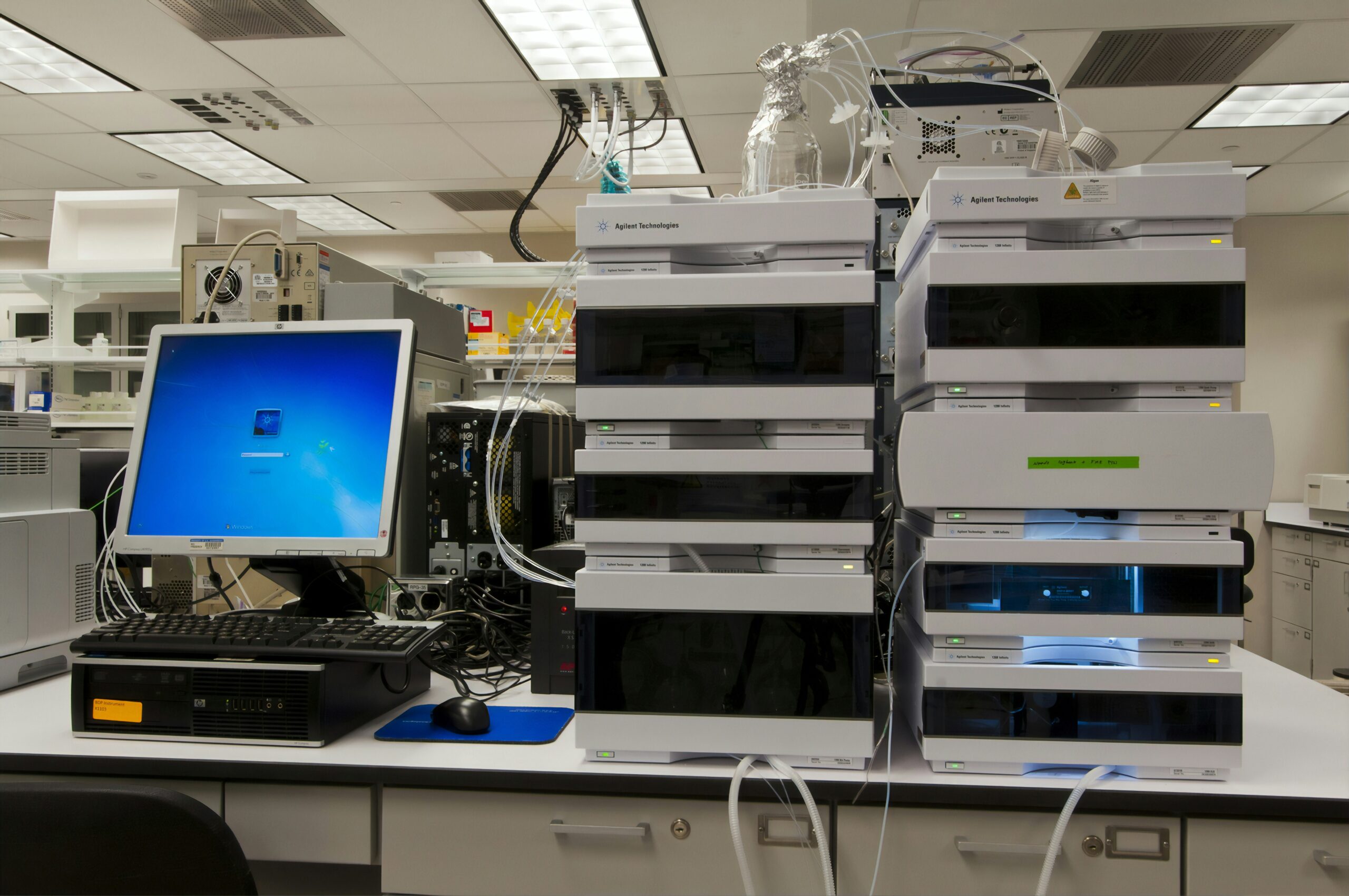
Researchers from Mass General Brigham have identified seven molecules in the blood that are linked to excessive daytime sleepiness (EDS), shedding light on the biological underpinnings of this common condition. The study, published in Lancet eBioMedicine, highlights the role of diet and hormones in influencing EDS, which affects approximately one in three Americans and is associated with increased risks of cardiovascular disease, obesity, and diabetes.
Led by Dr. Tariq Faquih, a postdoctoral fellow at Brigham and Women’s Hospital, the research team analyzed data from 6,000 participants in the Hispanic Community Health Study/Study of Latinos. They examined 877 metabolites—naturally occurring molecules in the body influenced by diet and hormones—and replicated their findings in additional studies conducted in the UK, Finland, and the Multi-Ethnic Study of Atherosclerosis (MESA).
Unveiling the Biological Mechanisms
The study identified seven key metabolites associated with EDS, alongside three that varied by sex. Notably, omega-3 and omega-6 fatty acids, prevalent in Mediterranean-like diets, were linked to a lower risk of EDS. Conversely, tyramine, found in fermented and overripe foods, was associated with increased daytime sleepiness, particularly in men. The researchers also found that sex steroid metabolites, such as progesterone, play a role in sleep-related processes like melatonin production.
“Our study suggests diet and genetics may play an important role in EDS,” said Dr. Faquih. “As we learn what’s happening biologically, we are beginning to understand how and why EDS occurs, the early signs that someone might have it, and what we can do to help patients.”
Implications for Treatment and Future Research
The findings suggest potential treatment targets for EDS, indicating that dietary changes or medications might improve management of the condition. However, researchers acknowledge limitations, such as the difficulty in interpreting exact metabolite values and reliance on a sleep questionnaire instead of laboratory tests.
Looking ahead, the team plans to explore unknown metabolites further and consider clinical trials to assess whether dietary changes or supplements can mitigate daytime sleepiness. “Conducting a clinical trial would be a big next step and could help us understand if omega-3s and omega-6s obtained from diet could help lower risk of EDS,” Faquih noted.
Broader Context and Expert Opinions
Excessive daytime sleepiness is not a new concern in the medical community. Historically, it has been linked to various lifestyle factors, including poor sleep hygiene and stress. However, this study adds a new dimension by focusing on biological markers, offering a more comprehensive understanding of the condition.
Experts in the field emphasize the importance of these findings. Dr. Susan Redline, a co-author of the study, highlights the potential for personalized medicine approaches that consider individual metabolic profiles. “This research opens up new avenues for targeted interventions that could significantly impact public health,” she said.
By the Numbers:
– 1 in 3 Americans experience EDS
– 877 metabolites analyzed
– 7 key metabolites linked to EDS
Funding and Disclosures
The study was funded by the National Institutes of Health and the JLH Foundation. Dr. Redline disclosed consulting relationships with pharmaceutical companies and serves as an unpaid board member for the Alliance for Sleep Apnoea Partners. Additionally, she has received equipment for research purposes from Philips Respironics and Nox Medical.
The research team, including Kaitlin S. Potts, Pavithra Nagarajan, Hanna M. Ollila, Tianyi Huang, Clary B. Clish, Tamar Sofer, and Heming Wang, continues to explore the complex interactions between diet, hormones, and sleep. Their work promises to advance our understanding of EDS and improve treatment options for those affected by this pervasive condition.






